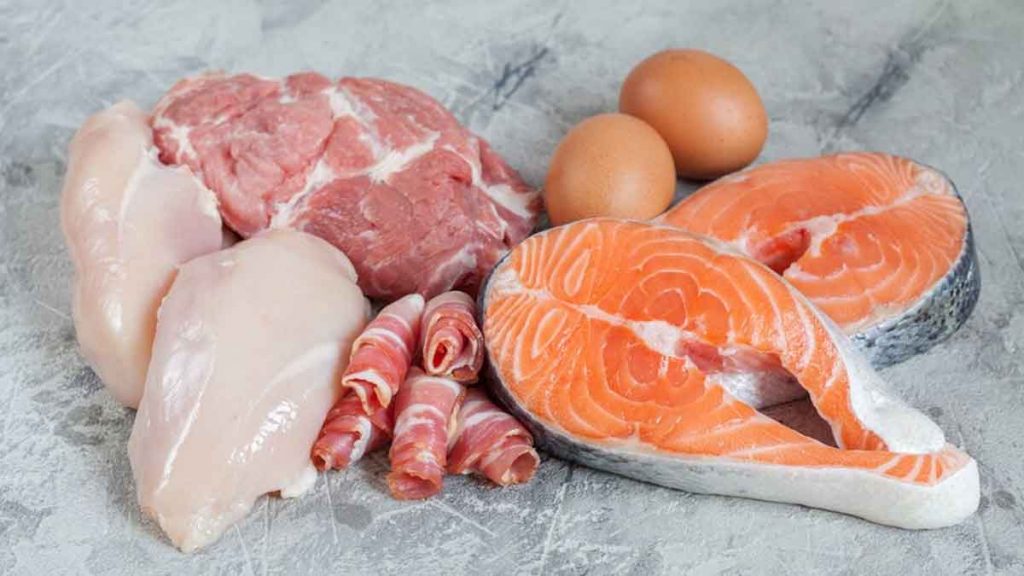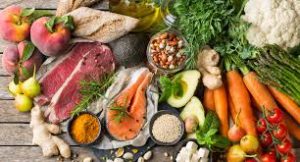
Lean Protein A Building Block for Health
Lean protein is an essential nutrient that plays a crucial role in various bodily functions. It is a key component of muscles, organs, and tissues, and is necessary for growth, repair, and maintenance. Incorporating lean protein into your diet is vital for overall health and well-being.
What is Lean Protein?
Lean protein refers to protein sources that are low in saturated fat and calories. It is primarily found in animal-based sources, such as poultry, fish, lean meats, eggs, and dairy products. However, plant-based sources like beans, lentils, tofu, and tempeh can also provide significant amounts of lean protein.
Benefits of Lean Protein
Consuming lean protein offers numerous health benefits, including:
- Muscle Building and Maintenance: Protein is essential for building and repairing muscle tissue. Adequate protein intake is crucial for athletes, bodybuilders, and individuals seeking to maintain a healthy weight.
- Weight Management: Protein can help you feel full and satisfied, reducing overall calorie intake and aiding in weight management.
- Stronger Bones: Protein is necessary for bone health and can help prevent osteoporosis.
- Improved Metabolism: Protein can boost your metabolism, helping you burn more calories and maintain a healthy weight.
- Enhanced Recovery: Protein is essential for repairing muscles and tissues after exercise or injury.
- Balanced Blood Sugar Levels: Protein can help regulate blood sugar levels, making it beneficial for individuals with diabetes.
- Improved Immune Function: Protein is essential for a strong immune system, helping your body fight off infections and diseases.
Sources of Lean Protein
There are many excellent sources of lean protein available. Here are some of the best options:
- Poultry: Chicken, turkey, and duck are all lean sources of protein.
- Fish: Salmon, tuna, cod, and tilapia are excellent choices for lean protein.
- Lean meats: Lean cuts of beef, pork, and lamb can be good sources of protein when consumed in moderation.
- Eggs: Eggs are a complete source of protein and are also rich in vitamins and minerals.
- Dairy products: Low-fat or fat-free dairy products, such as milk, yogurt, and cheese, are good sources of protein.
- Plant-based proteins: Beans, lentils, tofu, tempeh, and nuts are all excellent sources of plant-based protein.
How Much Lean Protein Do You Need?
The recommended daily intake of protein varies depending on factors such as age, gender, activity level, and overall health. However, most adults need approximately 0.8 grams of protein per kilogram of body weight.
Tips for Incorporating Lean Protein into Your Diet
Here are some tips for incorporating lean protein into your diet:
- Plan your meals: Plan your meals and snacks to ensure that you are getting enough protein throughout the day.
- Choose lean cuts: When choosing meat, poultry, or fish, opt for lean cuts that are low in saturated fat.
- Combine protein sources: To ensure you get all the essential amino acids, consider combining different protein sources, such as plant-based proteins and animal-based proteins.
- Prepare protein-rich meals at home: Cooking your own meals can help you control the amount of fat and calories in your protein sources.
- Consider protein supplements: If you struggle to meet your protein needs through your diet, protein supplements can be a convenient option.
By incorporating lean protein into your diet, you can improve your overall health and well-being. It is a vital nutrient that supports muscle growth, weight management, and numerous other important bodily functions.





